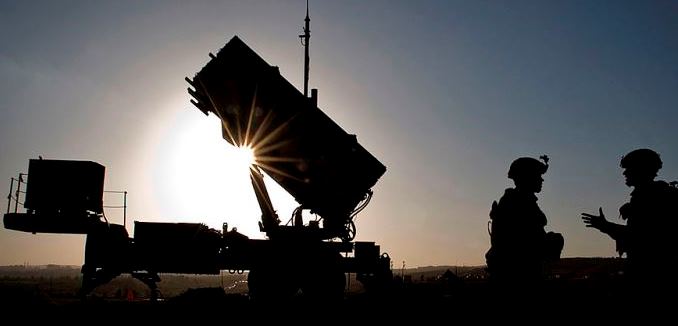Responding last July to news that Turkey was planning to purchase air defense systems from China, a NATO official declared that the decision – if confirmed and implemented – “would certainly leave many of us speechless.”
Last week Turkey announced that it was moving ahead with purchasing the FD-2000 missile defense system from China Precision Machinery Import and Export Corp (CPMIEC). Far from being speechless, U.S. officials who reacted to the announcement had plenty to say:
“We have conveyed our serious concerns about the Turkish government’s contract discussions with a US-sanctioned company for a missile defense system that will not be inter-operable with NATO systems or collective defense capabilities,” a State Department spokeswoman said. “Our discussions on this issue will continue.”
Adding to U.S. consternation is the fact that CPMIEC, the company Turkey will be purchasing the systems from, has been under U.S. sanctions since February for violations of of the Iran, North Korea and Syria Nonproliferation Act.
Turkish opposition figures were apoplectic that the government of Turkish Prime Minister Recep Tayyip Erdogan – which is already considered responsible for a crash in Turkey’s foreign policy stature – would risk Ankara’s relations with the West by aligning with China:
The main opposition Republican People’s Party (CHP) has criticized the government over its decision to select a Chinese firm for the construction of the country’s first long-range air defense system, noting the deal with distance Ankara from NATO. “The United States especially and our NATO allies are showing their reactions. The Chinese firm is under U.S. sanctions and Turkey is a member of NATO. Turkey-EU relations have come to the brink of rupture under this government and by this agreement, the same will happen with NATO as well,” deputy leader Faruk Logoglu told reporters in Ankara on Sept. 30.
The news comes as U.S.-based analysts have raised suggestions that Turkey itself may be in violation of U.S. anti-terror legislation, and may actually qualify as a state sponsor of terrorism.
[Photo: MSgt Sean M. Worrell / Wiki Commons]




